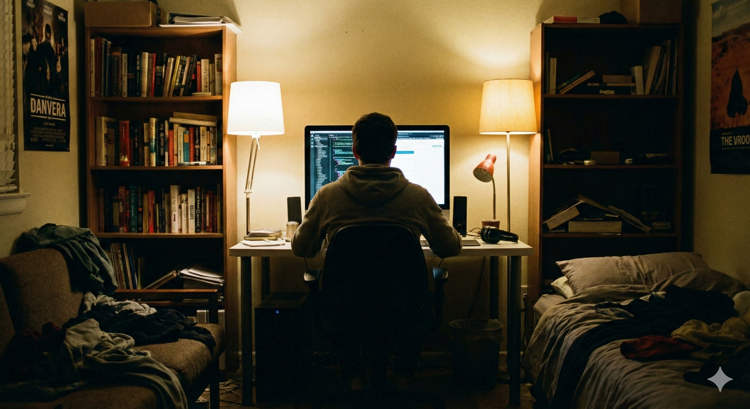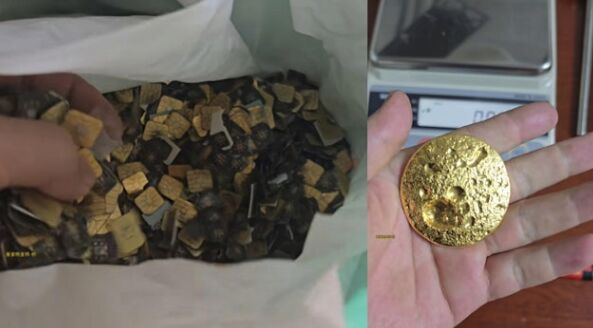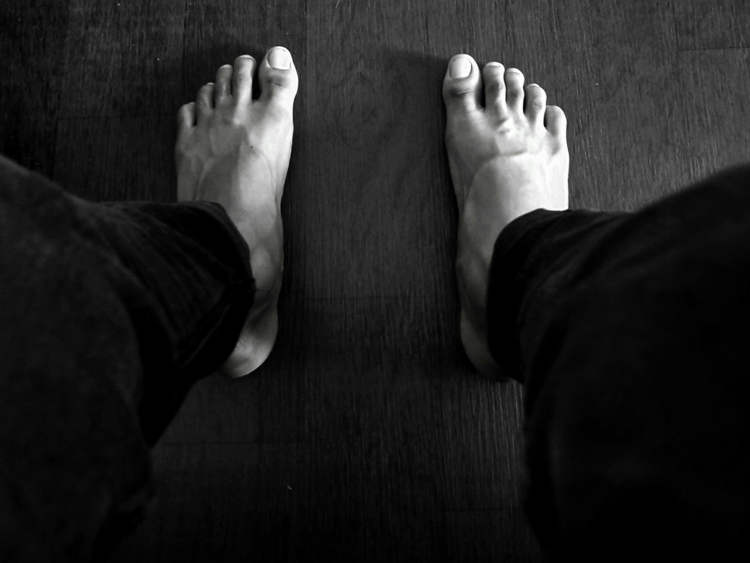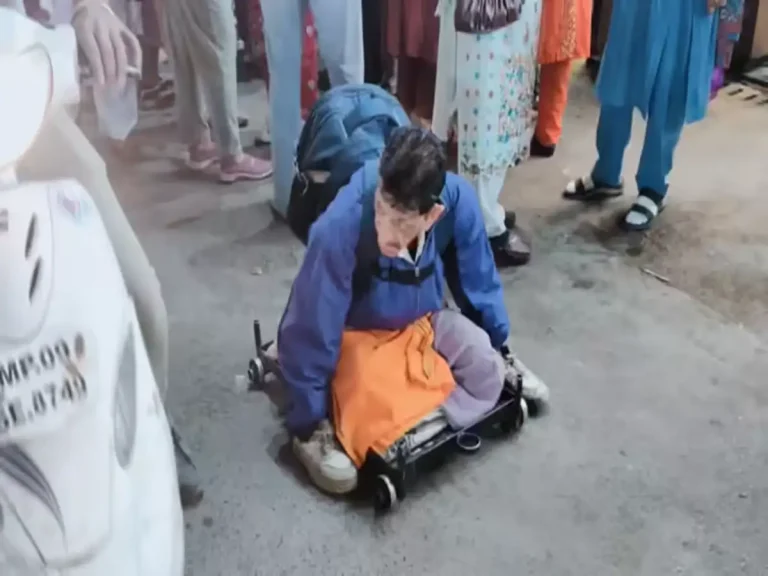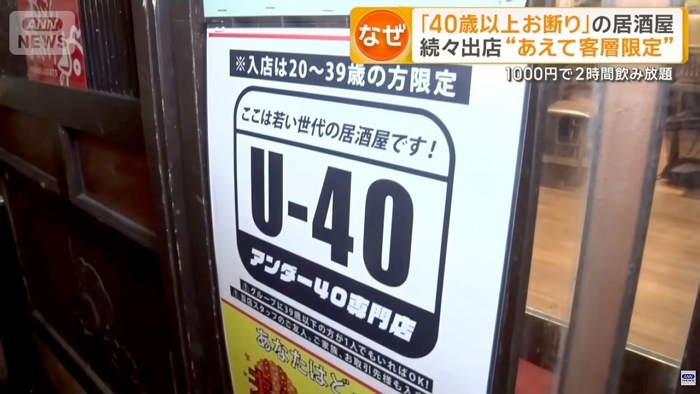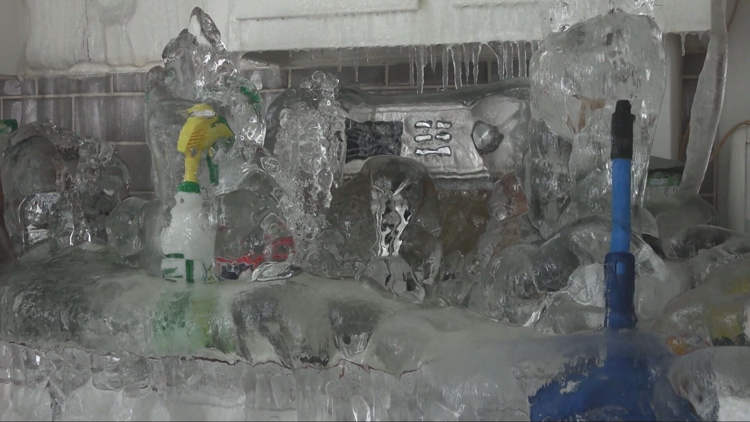A Taiwanese female model spent years battling online harassment after an innocent photo she shot for a photo agency was used for a completely unrelated news report and later turned into a meme.
In 2012, international media (OC included) featured the story of a Chinese businessman who had allegedly sued his wife for misleading him into thinking that she was naturally beautiful. The man claimed that his wife’s good looks were the result of plastic surgery and that he had only learned about it after confronting the woman, because their daughter didn’t seem to have inherited either of their good looks. In terms of wow factor, it wasn’t the best story we’ve ever featured, but it was funny and crazy enough to go viral. At the time, no one imagined that the photo used by Chinese media for illustration purposes only would one day end up ruining the female protagonist’s life…
Unless you’ve been living under a rock for the last eight years, you’ve probably seen this photo online at least once. It shows a ridiculously good-looking couple with three not so good-looking children. This was the photo used in the original Chinese news article and the one that Taiwanese model Heidi Yeh claims ruined her professional modelling career and caused personal issues as well.
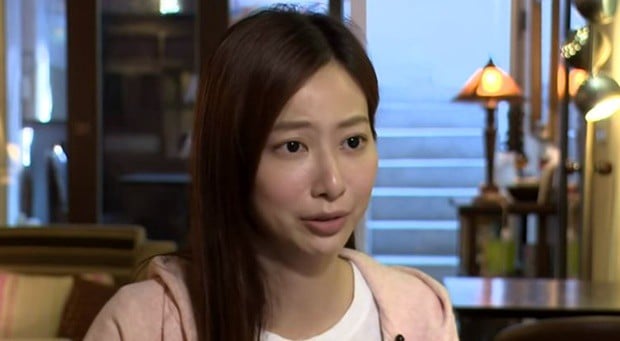
Photo: BBC/YouTube
Soon after the photo started doing the rounds online, it became a popular meme, often shared on social media with the caption “Plastic Surgery: You Can’t Hide It Forever”, or with a short reference to the Chinese story it was originally associated with. People assumed that she was the woman mentioned in that old news story, or at least that she had physically enhanced her looks to the point where “her kids” looked ugly in comparison.
Heidi said that one point things had gotten so bad that even her friends, who had known her for years, asked her if it was true that she had enhanced her looks through plastic surgery, and that her boyfriend at the time wanted to break up with her because of the public pressure surrounding her appearance. To make matters worse, photo agencies shunned her, because of the online controversy.
“People refused to believe that I had never had plastic surgery. Clients would ask me if I was the woman in the picture. After this, I only got small roles in advertisements,” Yeh said.
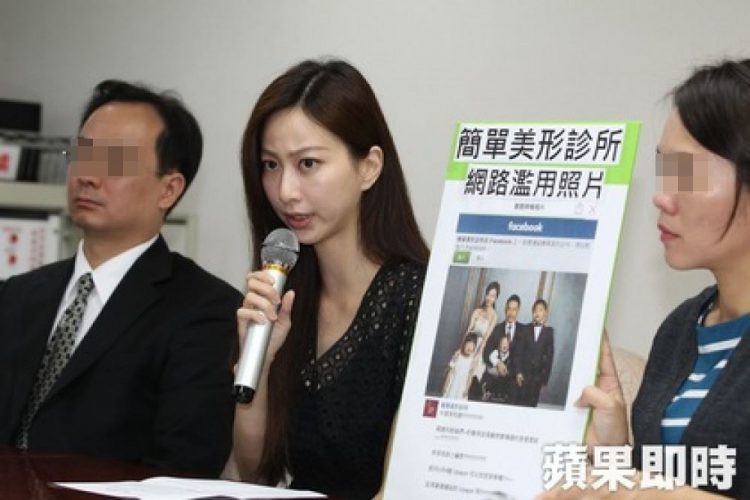
In 2015, three years after her nightmare began, the young model appealed to the media to help her set the record straight. In an interview with the BBC, she explained that her photo had nothing to do with the Chinese news story it had become synonymous with. It had indeed been shot as an ad for a plastic surgery clinic, but she claims it was originally intended to be used only in newspapers and magazines, by that clinic only.
Yeh claimed that international advertising agency J Walter Thompson (JWT) also allowed another plastic surgery clinic to use that same photo online. Only this second client, Simple Beauty, used Photoshop to change the appearance of the three featured children, essentially making them ugly. It also used the caption “”The only thing you’ll ever have to worry about is how to explain it to the kids,” which the model implies inspired its subsequent use with the Chinese news story.
During a press conference in 2015, Heidi Yeh said she and her lawyer had asked both JWT and Simple Beauty to remove the modified photo, but they only did it shortly after they organized a press conference to address the issue. JWT claimed that it owned the copyrights to the photos and had the right to edit and use it as it sees fit. Yeh’s lawyer disagreed, claiming that the model had given the copyrights to JWT, not its clients.
“As we all know, no-one controls the internet… We can’t anticipate what degree of an impact it will have, how people will view it, and what they will do with it,” JWT stated, adding that it planned to sue the Taiwanese model for damaging its public image.
At the time of the scandal, some accused Heidi Yeh of using it as a pretext to relaunch her modelling career, which had taken a nose dive. The Taiwanese model acknowledged that she had only appeared in minor ads, but claimed that it was because of the much talked-about photo. She also waned that this wasn’t only about her, but about the three other kids whose faces had been altered in the photo by Simple Beauty.
“I can’t bear to look at it… The children may not use social media now, but it will hurt them when they grow up,” Yeh told the BBC.
The scandal has died down significantly in the last 5 years, but the controversial photo that started it is still widely shared online and it will most likely never disappear. Taiwanese media recently revisited this unique case, writing that Heidi Yeh has since returned to her hometown in Nantou County, where she spends most of her time raising her son and meeting with friends (based on her social media photos).
She allegedly promotes cosmetics and other products on her social media profiles, but no longer works as a professional photo model. After posting a photo where she is posing next to a cardboard cutout of herself, Heidi wrote now she only models for her family’s local store.



